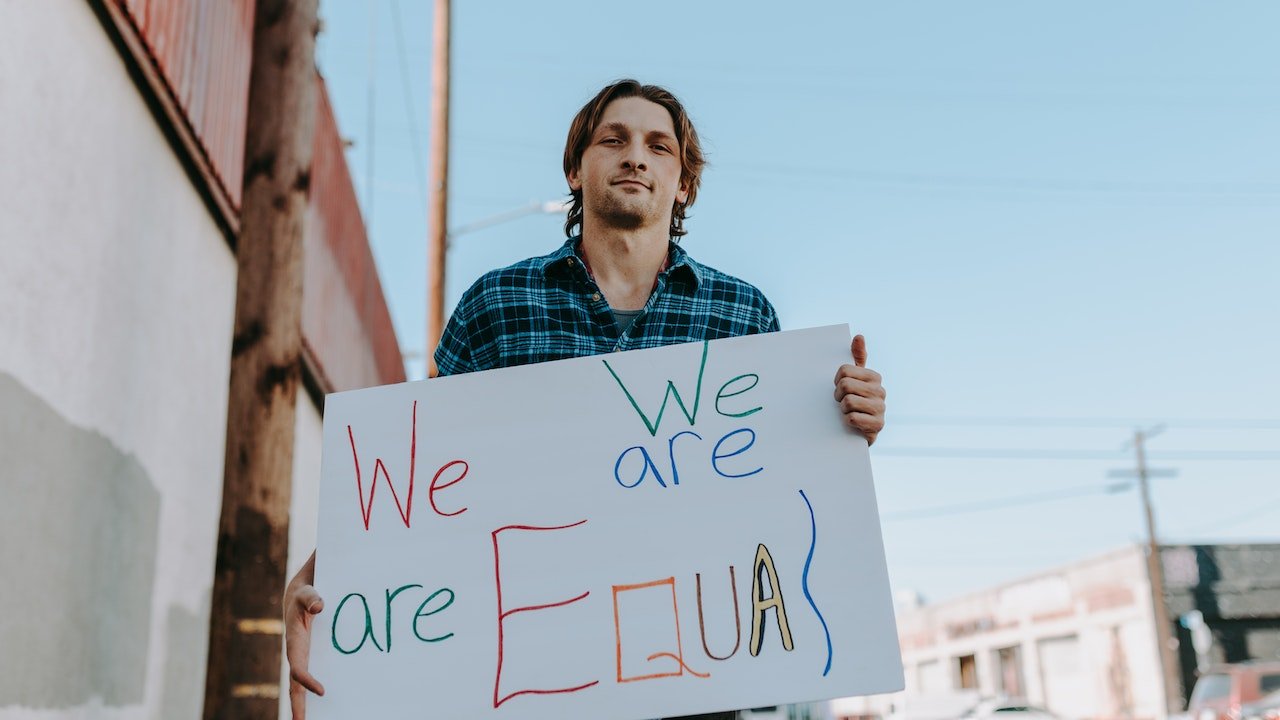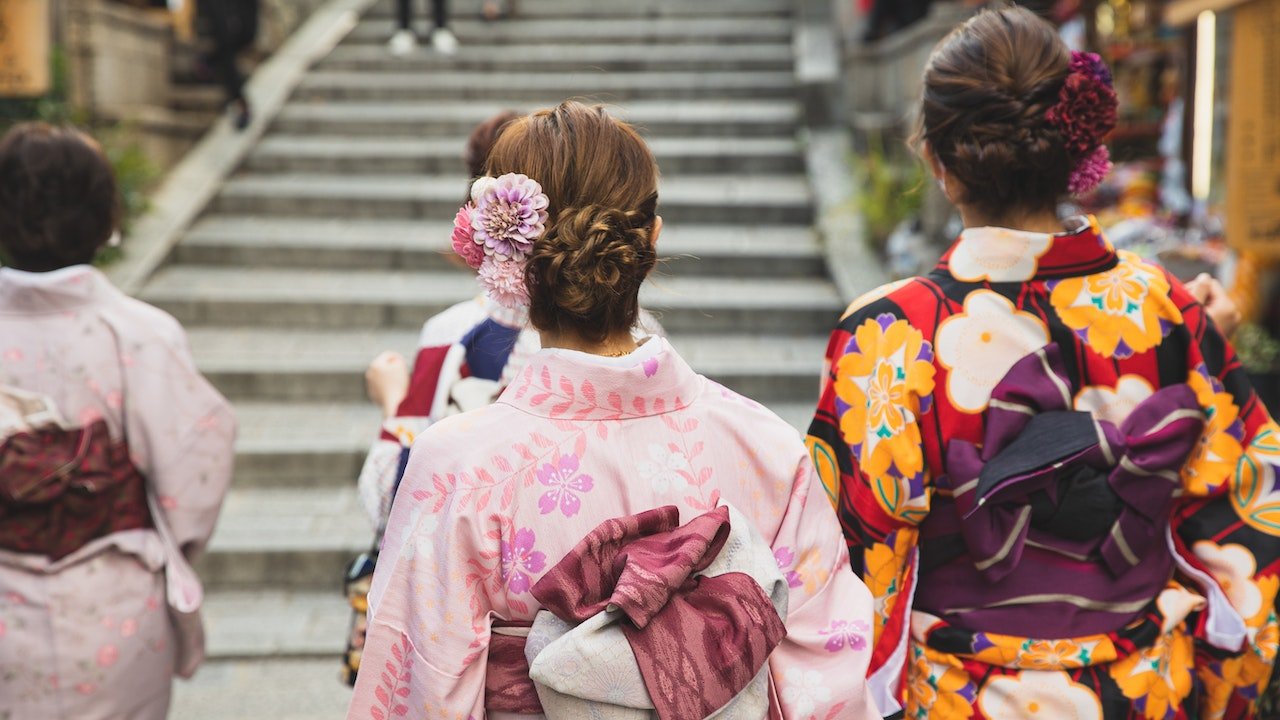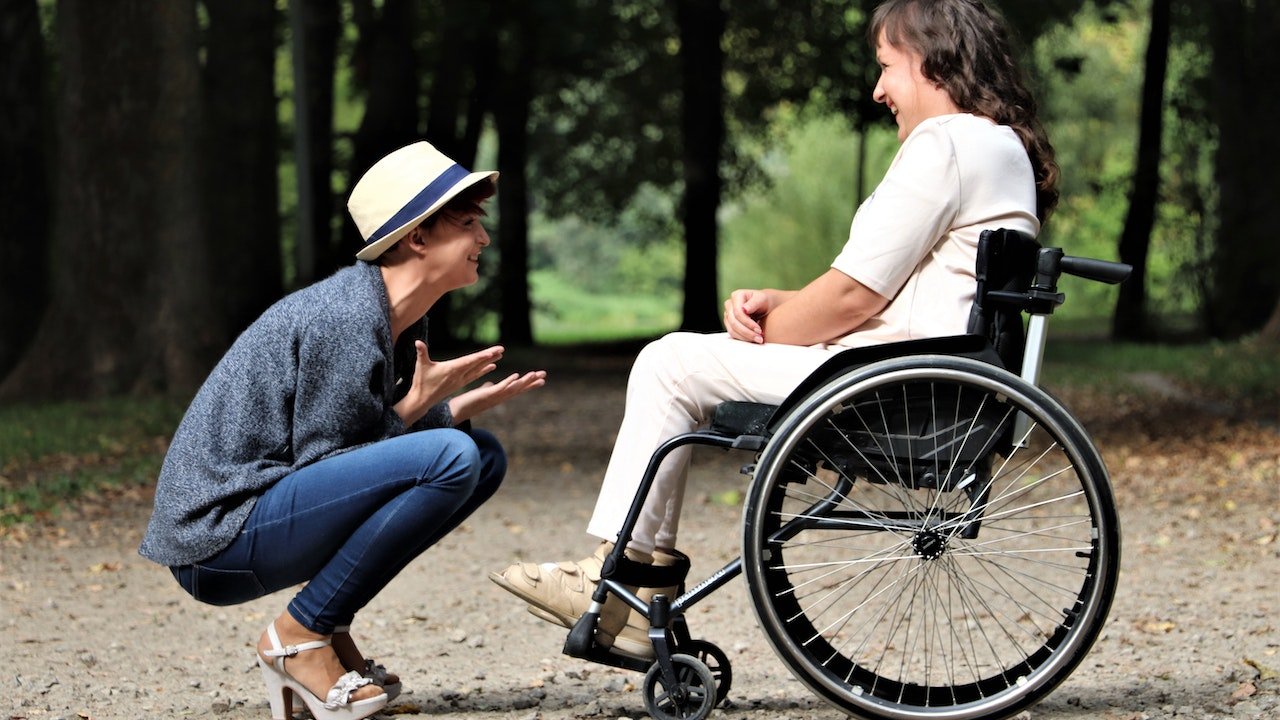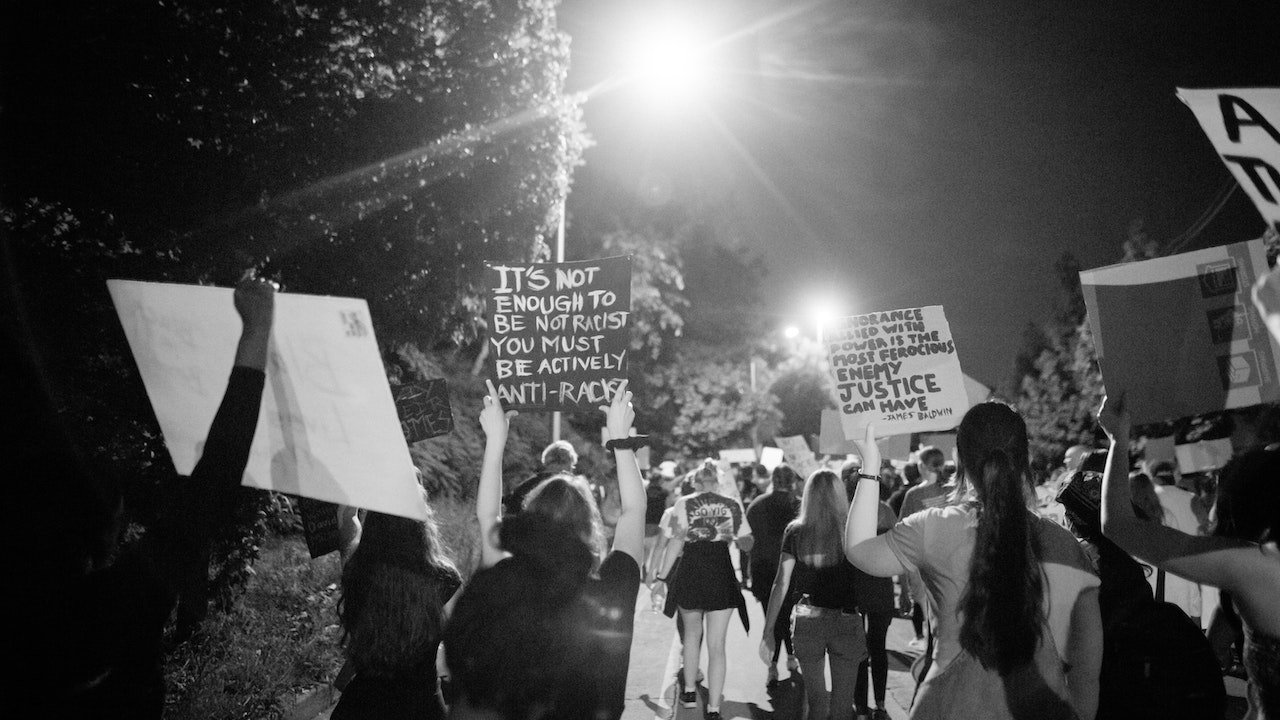The Intersection of Civil Rights Laws and Criminal Justice 2023


Criminal justice and civil rights laws are two interrelated fields that are essential to creating a society that is fair and just. While the criminal justice system is in charge of upholding law and order and prosecuting lawbreakers, civil rights legislation attempt to safeguard persons from discrimination and provide equal treatment. Promoting fairness, justice, and equality in society requires an understanding of how civil rights laws and criminal justice interact. This article examines the connection between civil rights legislation and the criminal justice system, stressing important elements, problems, and possible remedies.
The Value of Criminal Justice and Civil Rights Laws
In order to prevent discrimination on the basis of race, gender, religion, and other protected traits, civil rights legislation are essential. These laws make ensuring that everyone has access to justice, fair treatment, and equal opportunities. On the other hand, the criminal justice system upholds public safety, looks into crimes, and prosecutes offenders. In order for society to work towards equality and fairness, civil rights must be upheld and a proper criminal justice system must be in place.
Criminal Justice and Constitutional Protections
The basis for civil rights and criminal justice is the U.S. Constitution. The ideas of the criminal justice system are shaped by amendments like the Fourth Amendment, which guarantees freedom from unreasonable searches and seizures, and the Fourteenth Amendment, which ensures equal protection under the law. These constitutional safeguards set limitations on law enforcement and advance individual liberties across the criminal justice system.
Discrimination and racial profiling in law enforcement
The convergence of civil rights laws and criminal justice has long been a source of serious concern regarding racial profiling and prejudice in law enforcement. Law enforcement authorities frequently target particular minority groups disproportionately, which results in abuses of such groups’ civil rights. Increased training on unconscious bias, the implementation of community policing programs, and making law enforcement accountable for discriminatory practices are among the steps being taken to address this problem.
Rates of Incarceration and Sentencing Disparities
The need for thorough reforms is highlighted by differences in sentencing and incarceration rates based on race and socioeconomic background. According to studies, people from marginalized groups are more likely than their peers to be given harsher punishments and lengthier terms of incarceration for the same crimes. Reforms have been proposed to address this problem, including changes to sentence guidelines, non-incarceration options, and rehabilitation initiatives.
Civil Rights Organisations’ Function
An essential part of promoting equity and justice within the criminal justice system is played by civil rights organizations. These groups aim to defend and advance civil rights, aid in the legal defense of discrimination victims, and increase public awareness of systemic problems. Civil rights organizations participate in the ongoing struggle for an equitable and impartial criminal justice system through advocacy, public education, and community involvement.
The Effects of Technology on Criminal Justice and Civil Rights
The impact of technological improvements on civil rights and the criminal justice system is mixed. On the one hand, technology can help with gathering evidence, preventing crime, and improving accountability. But when technology is used improperly, such as when facial recognition algorithms are used that have built-in biases, discriminatory practices can continue. It’s critical to strike a balance between utilizing technology for justice and defending civil liberties.
The Criminal Justice System’s Implicit Bias: Addressing It
Unconscious attitudes or stereotypes that affect decision-making are referred to as implicit bias. Implicit prejudice within the criminal justice system can lead to disparate treatment and disproportionate results for specific people or communities. Implicit prejudice can be addressed and systemic fairness can be promoted by introducing training programs, diversifying law enforcement organizations, and using evidence-based practices.
Improvement of Police-Community Relations
Effective criminal justice requires the development of relationships based on mutual respect and trust between law enforcement organizations and the communities they serve. Promoting openness, encouraging communication, and engaging in community-oriented policing will help close the gap and ensure that civil rights are upheld while keeping the public safe. A stronger feeling of justice can result from cooperation between law enforcement and community people.
Read More: The Impact of Civil Rights Laws on Society 2023
Justice Restorative and Civil Rights
An alternative to the usual punitive tactics used in the criminal court system is restorative justice. It places a focus on mending damage, resolving underlying issues, and including all parties in the resolution procedure. By emphasizing rehabilitation, rapprochement, and reintegration of offenders back into society, restorative justice practices are in line with civil rights principles and ultimately reduce recidivism while fostering a more inclusive approach to justice.
Recovery and Reintegration
The necessity of rehabilitation and reintegration for people who have been convicted of crimes is emphasized by civil rights regulations. To ensure successful reintegration into society, lower recidivism, and foster positive transformation, access to education, career prospects, and support systems are crucial.
Judicial Reform Is Required
In order to eliminate inequalities and guarantee fairness within the criminal justice system, judicial reform is essential. Building a more equitable system requires actions that increase openness, lessen bias, and promote alternatives to incarceration.
Read More: Exploring Landmark Civil Rights Cases 2023
Advocacy and Community Involvement
The interaction between criminal justice and civil rights laws is significantly influenced by communities. Positive change must be effected through active community engagement, campaigning, and cooperation with organizations pursuing criminal justice reform.
International Perspectives on Criminal Justice and Civil Rights
Criminal justice and civil rights laws frequently interact, and this is not unique to one nation. Investigating global views offers insightful information about the most effective methods, the most difficult problems, and the global struggle for equality and justice.
Making the Intersection: Landmark Cases
The relationship between civil rights laws and criminal justice has been significantly shaped by landmark court rulings. These cases have produced precedents and rulings that have profound effects on how the criminal justice system protects civil rights.
Technology’s Impact on Criminal Justice and Civil Rights
Technology development affects civil rights and the criminal justice system in both favorable and unfavorable ways. Understanding the impact of technology is crucial for navigating the complexity of the junction, from surveillance techniques to data collecting and analysis.
Education and Awareness are Important
Education and awareness are essential for fostering comprehension and motivating action. Society may work towards a more just and equitable criminal justice system by teaching people about their rights, bringing attention to structural problems, and encouraging empathy.
Cooperative Initiatives for Positive Change
Various stakeholders must work together to address the nexus between civil rights laws and criminal justice. Meaningful and long-lasting change can be accomplished through collaborating with lawmakers, attorneys, community leaders, and advocates.
Conclusion
The foundation of our society is shaped by the interaction of civil rights laws and criminal justice. To achieve justice, fairness, and equality for all people, civil rights must be upheld within the criminal justice system. We may aim for a more just and inclusive society by acknowledging the significance of this intersection and trying to bring about positive change.
FAQs
What function do civil rights laws serve in the judicial system?
Civil rights laws defend people’s rights and guarantee fairness in the criminal justice system. They protect the rights of the accused, deal with injustices, and advance fairness.
How are racial disparities in the criminal justice system addressed by civil rights laws?
Civil rights laws fight for equality of treatment and address racial inequities as well as structural biases at every stage of the criminal justice system.
What can people and communities do to help the criminal justice system improve for the better?
In order to bring about meaningful change, there must be active community involvement, advocacy, and cooperation with organizations promoting criminal justice reform. People can also spread knowledge, increase awareness, and support programs that advance justice and equality.
What part does technology play in the relationship between criminal justice and civil rights laws?
Technology offers both advantages and disadvantages. It has an impact on things like surveillance techniques, data gathering, and analysis. In order to navigate the intersection’s complexity, it is essential to comprehend its influence.
How can knowledge and education help create a criminal justice system that is more equitable?
Education and awareness of systemic problems, the significance of equality, and civil rights promote understanding and motivate action. We can work to create a criminal justice system that is more fair and just by arming people with knowledge.











3 Comments